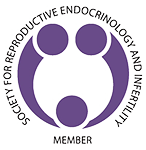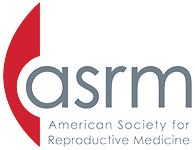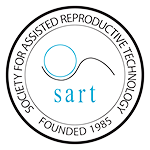By reproductive age, most women have established health care with an Obstetrician-Gynecologist (ObGyn). This is important as early warning signs and symptoms of impaired fertility often show up in routine gynecology conversations, i.e. irregular menstrual periods. ObGyn physicians should discuss infertility concerns with their patients in a timely manner, in order to optimize their patients’ ability to conceive. The ObGyn can complete the basic fertility evaluation, but management of the findings is often best placed in the specialist’s hands.
It is reasonable to manage simple issues such as not ovulating with oral fertility medications if the woman is younger. For the couple whose ONLY problem is the absence of regular ovulation, fertility pills should work quickly, within the first 3 months for 85% of pregnancies. With modern understanding, there is no reason to extend fertility pills beyond 6 months.

In order to facilitate timely referral, the American Society for Reproductive Medicine (ASRM) has created infertility referral guidelines. The guidelines have 3 levels to determine management and referral timing, but referrals are expedited if a woman’s age is greater than 35.
Most ObGyn physicians realize and counsel patients that there are potential consequences to delayed referral to a specialist in Reproductive Endocrinology & Infertility (REI). For women asking to conceive with their own eggs, all current technologies become less effective, less likely to be successful, for age greater than 35, and the chance of conception ending in a miscarriage increases. Without doubt, a delay in referral could result in a woman losing her ability of become pregnant. Early evaluation and referral to a specialist can limit the effect that age has on a couple’s fertility.





